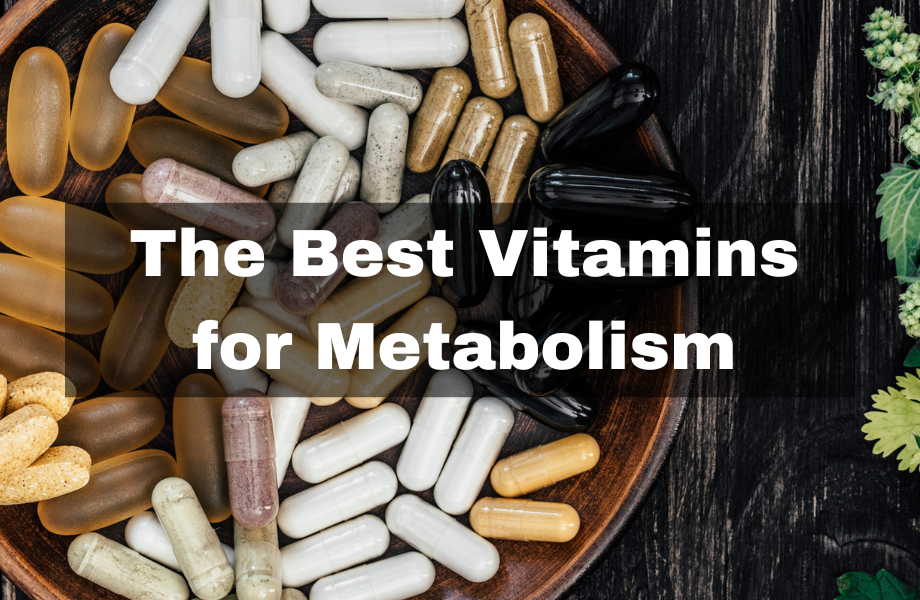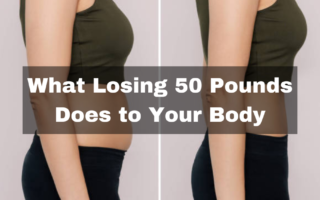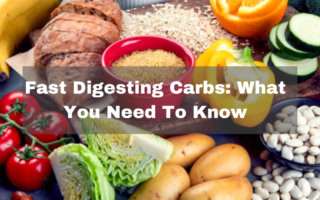It’s natural that your metabolism starts to slow down as you get older. And some people are a little less lucky than others when it comes to digesting and processing food. But just because your metabolism may not be as speedy doesn’t mean you can’t do anything about it.
There are a number of vitamins and minerals that you can take and eat to boost it. Let’s talk about what to take and when to take it!
Know Your Vitamins

First, let’s just talk about vitamins and minerals that can significantly affect your diet and metabolism. When we understand what role they play we can incorporate the right ones into our daily diet through food and supplements.
Vitamin B Group
Vitamin B is responsible for our metabolism and our body functions. They have a lot of different types that are worth noting individually.
- B-1 or Thiamine is the primary source for turning carbohydrates into energy. It’s also an essential vitamin for the metabolism of pyruvate (1).
- B-2 or Riboflavin serves to help the growth of cells, break down fat, and help convert energy.
- B-3 or Niacin works to convert energy from food as well. It also helps promote healthy skin and regulates your nervous system.
- B-5 or Pantothenic Acid plays a role in breaking down fatty acids and other important metabolic functions (2).
- B-6 or Pyridoxine plays an important role in producing red blood cells, helping your nervous system, and regulating the energy you get from eating food.
- B-7 or Biotin plays an important role in our hair, skin, and nails, but it also metabolizes fats, amino acids, and carbohydrates.
- B-9 or Folate works to form the DNA and RNA that are used in protein metabolism. (3)
- B-12 or Cobalamin works to form red blood cells and DNA. It also is key for developing brain and nerve cells.
Not getting enough of any of these vitamins can lead to an issue within your metabolism. This is often why someone may need to take additional vitamins and supplements because they don’t get enough of it from their diet.
Plant-based diets also do not get any B-12 since it doesn’t exist in any plants. This would be a necessary addition for vegans, vegetarians, etc.
List of Foods That Have Vitamin B
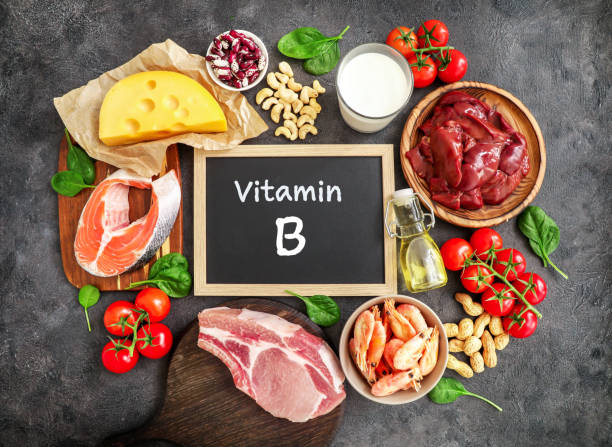
- Whole grains such as brown rice or barley
- Eggs
- Legumes
- Citrus fruits such as oranges, lemons, clementines, etc.
- Avocado
- Pork, beef, chicken, turkey, tuna, and salmon
- Liver
Vitamin D
Vitamin D plays an integral part in our body’s health and wellness. We naturally get it from being in the sun but in parts of the world that have seasons, you may need to take a supplement to get some more of it.
Vitamin D has no direct link to weight loss or metabolism but studies have shown that obese people tend to have lower levels of the supplement.
If you aren’t getting it from a vitamin or the sun you can also look for Vitamin D in the following.
List of Foods That Have Vitamin D
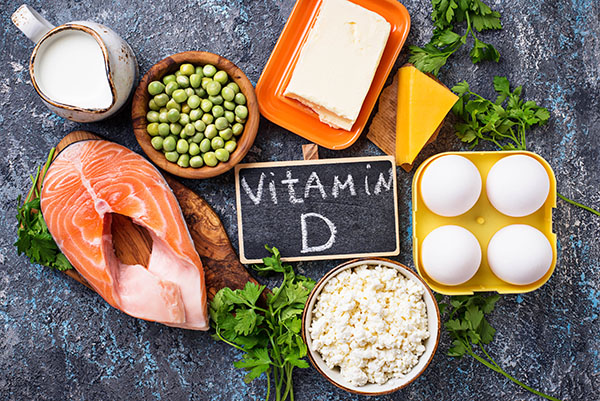
- Tuna
- Salmon
- Egg Yolks
- Fortified Cereal
- Fortified Milk
Calcium
Ever since we were little our parents were telling us to drink milk for healthy bones that are supported by calcium. But calcium also plays a role in having a healthy metabolism by controlling our blood sugar levels. In fact, calcium with Vitamin D can support a healthy diet that aids in weight loss (4).
List of Foods That Have Calcium
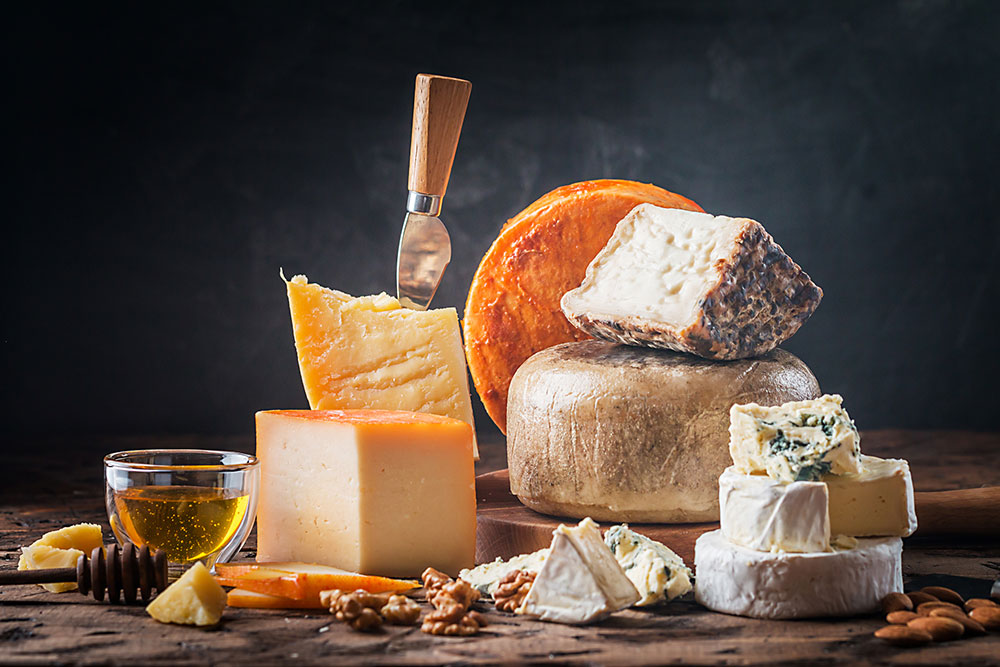
Dairy (cow, goat, sheep) and fortified plant-based milk (almond, soy, rice)
- Most cheese.
- Most yogurt.
- Calcium-fortified orange juice.
- Winter squash.
- Edamame (young green soybeans); Tofu if it is made with calcium sulfate.
- Canned sardines or salmon (needs to be with bones)
- Almonds.
Iron
Iron is an important mineral that helps bring oxygen to your cells by converting energy from nutrients you can get in food. When your muscles get the necessary oxygen they burn fat. Iron deficiency often called anemia, can leave a number of side effects behind. This includes a less-than-stellar metabolism.
List of Foods That Have Iron

- Oysters, mussels, or clams
- Beef or chicken liver
- Sardines
- Beef
- Poultry
- Canned light tuna
- Certain fortified breakfast cereals
- Beans
- Dark chocolate
- Lentils
- Spinach
- Potato (with skin)
- Nuts and seeds
- Iron-enriched rice or bread
Magnesium
Last, but certainly not least, adding Magnesium to your diet can certainly improve your metabolic rate and function. Why? Magnesium plays an important role in energy production. For instance, it helps control your blood glucose levels, regulates your blood pressure, keeps your bones strong, and helps regulate your nervous system.
List of Foods That Have Magnesium
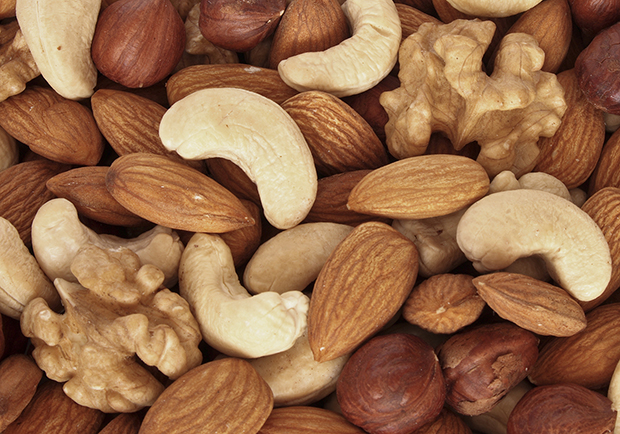
- Fish
- Poultry
- Beef
- Legumes
- Dark Leafy Greens
- Nuts
- Seeds
- Whole grains
How Do I Know What Vitamins to Take?
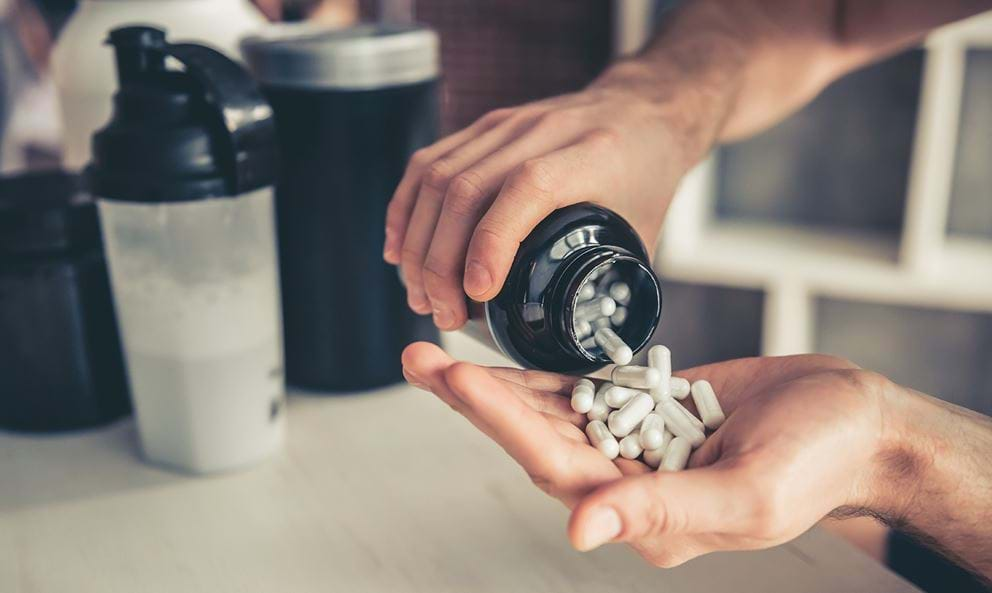
Getting all of these vitamins can be difficult. Since we get a lot of our intake from food knowing where our gaps we can be hard. You can take a blood test to see what minerals and vitamins your body is deficient in. These may be expensive upfront but are well worth it to start feeling better.
It’s also recommended to take multivitamins for your specific gender. Women’s bodies have different metabolisms than men’s. That’s why a Women’s Multi can help you get all the nutrients you need.
Do I Have a Bad Metabolism?
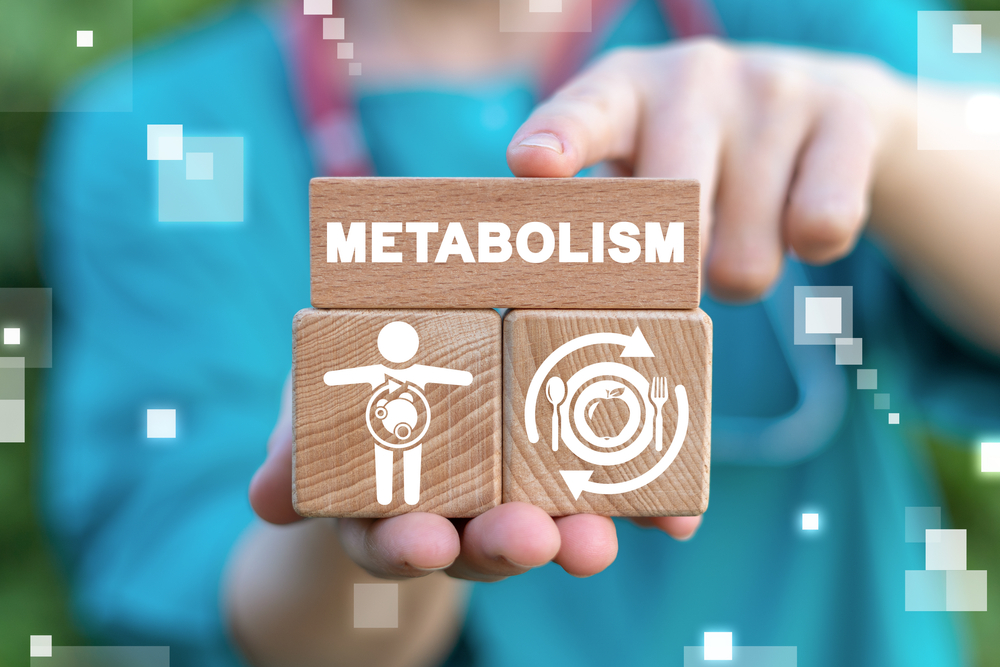
There are a number of signs that indicate your metabolism isn’t functioning as it should. Let’s go over a few of them.
- If you are experiencing ongoing fatigue
- If you have constant headaches or migraines
- You are consistently constipated
- You are gaining weight regardless of healthy efforts
- Your hair is brittle, you have bad skin, and breaking nails
These signs sometimes may be an indication of something else but usually, when one or more symptoms present themselves, it can be a sign of poor metabolism. You can always consult your doctor when you start to feel these symptoms disrupt your daily life.
When is the Best Time of Day to Take Supplements?

Most dieticians will agree if you are taking supplements the best time to take them is in the morning. This is especially true for Vitamin B so you can support your gut health all day long. Digestion also naturally will slow down in your sleep so if you were to take your vitamins at night, they may not absorb as well.
Vitamin Absorption
A final note about vitamins is that you can not overdose from taking too many vitamins. Having said that your body will only absorb as much as it needs. That’s why when you take too many supplements in the morning you may notice that your pee turns bright neon yellow. This is because your body is getting rid of the excess vitamins.
The best way to get minerals and vitamins is through natural sources and food. Then additionally you can take your multivitamins as we often don’t get enough vitamins in our diets.
References
- https://medlineplus.gov/ency/article/002401.htm#:~:text=Function&text=Thiamin%20(vitamin%20B1)%20helps%20the,and%20conduction%20of%20nerve%20signals.
- https://www.hsph.harvard.edu/nutritionsource/pantothenic-acid-vitamin-b5/
- https://www.hsph.harvard.edu/nutritionsource/folic-acid/#:~:text=Folate%20helps%20to%20form%20DNA,is%20present%20in%20high%20amounts.
- https://www.ncbi.nlm.nih.gov/pubmed/20810979
